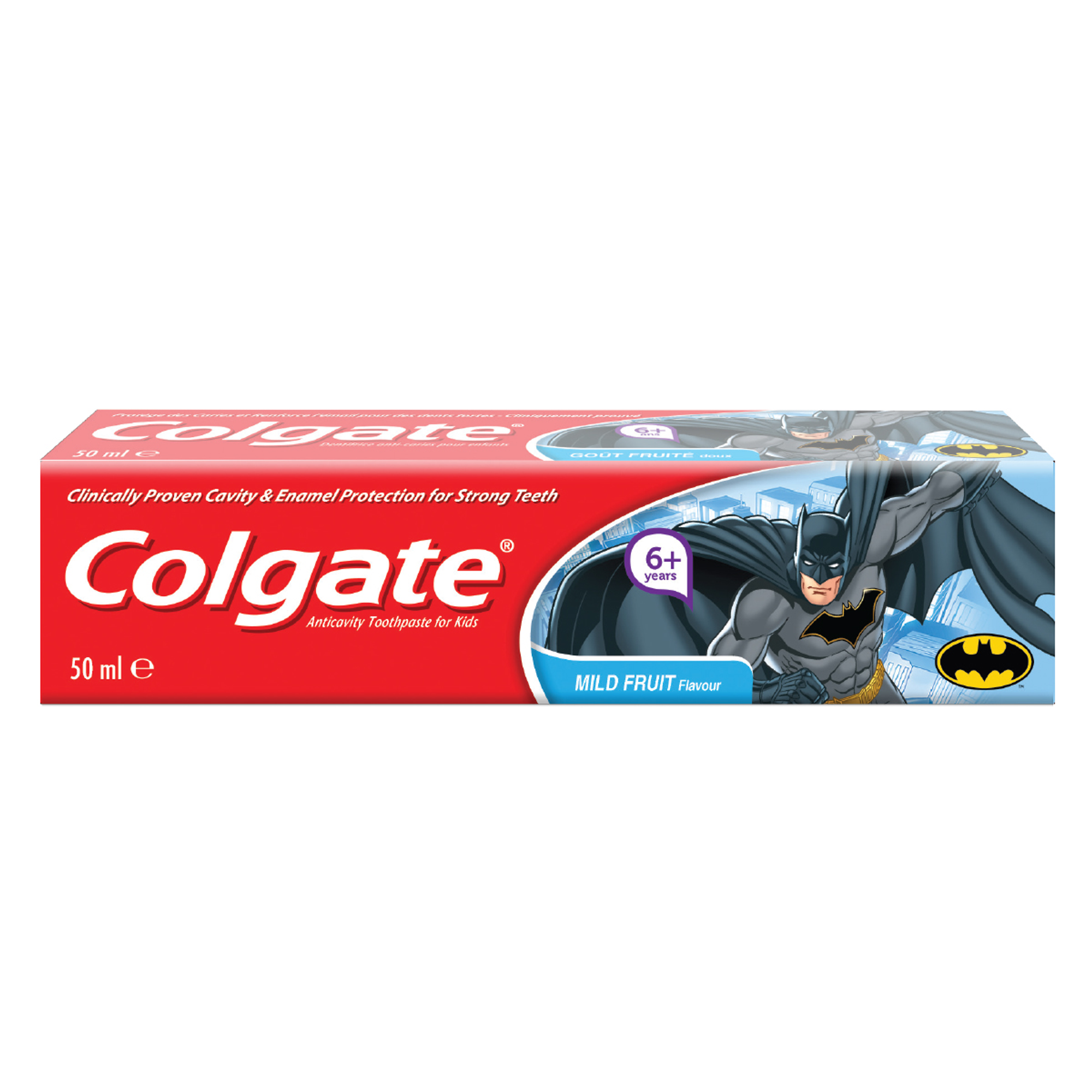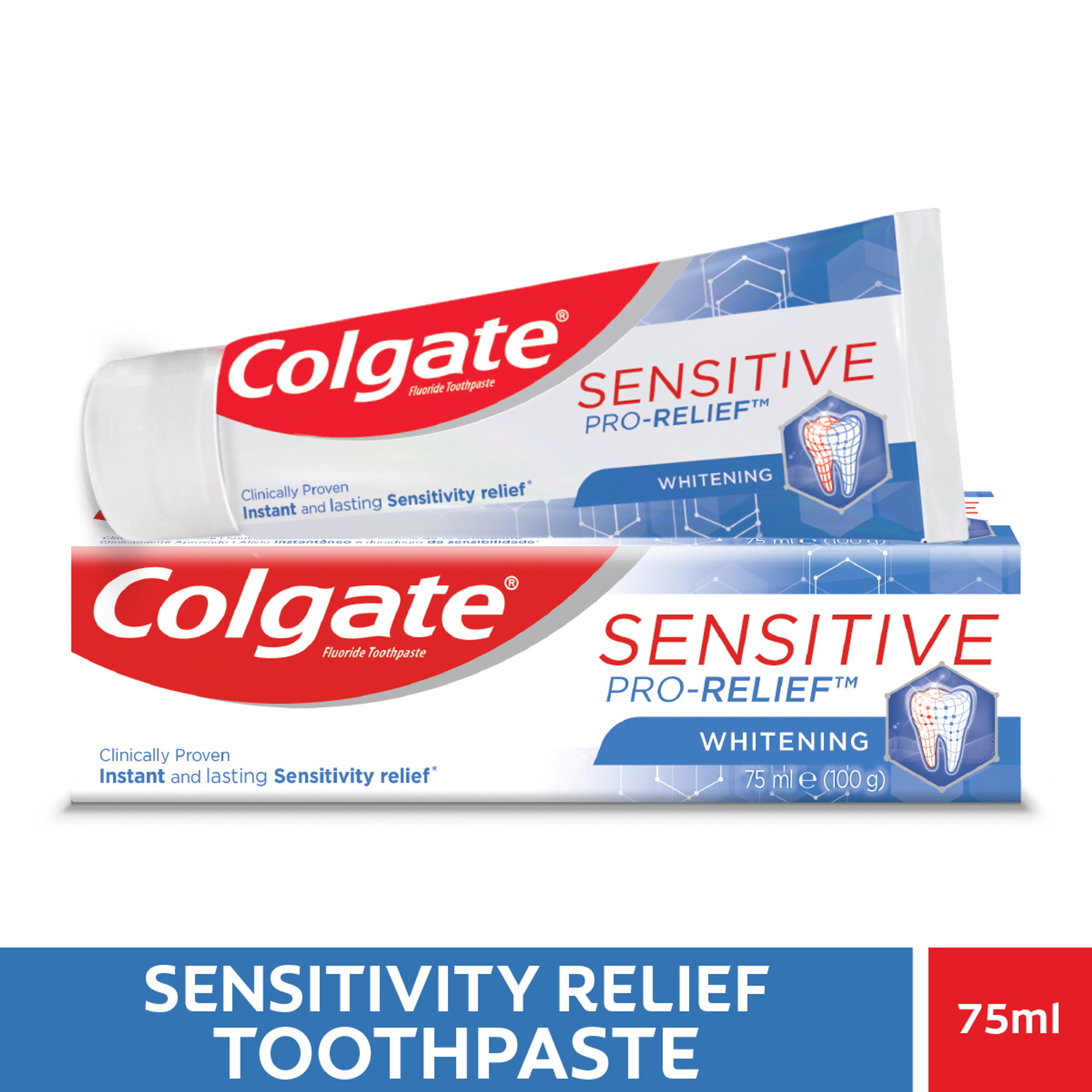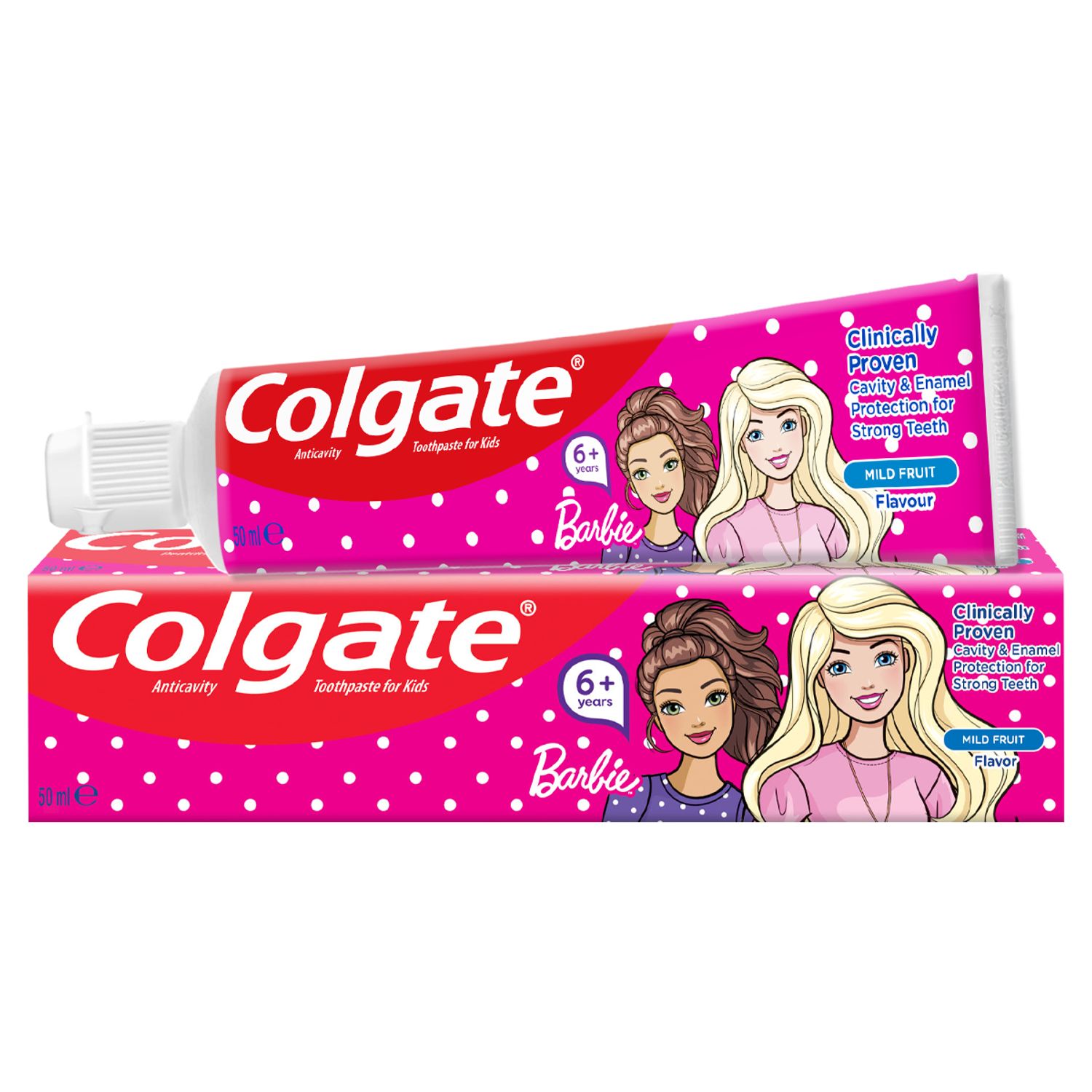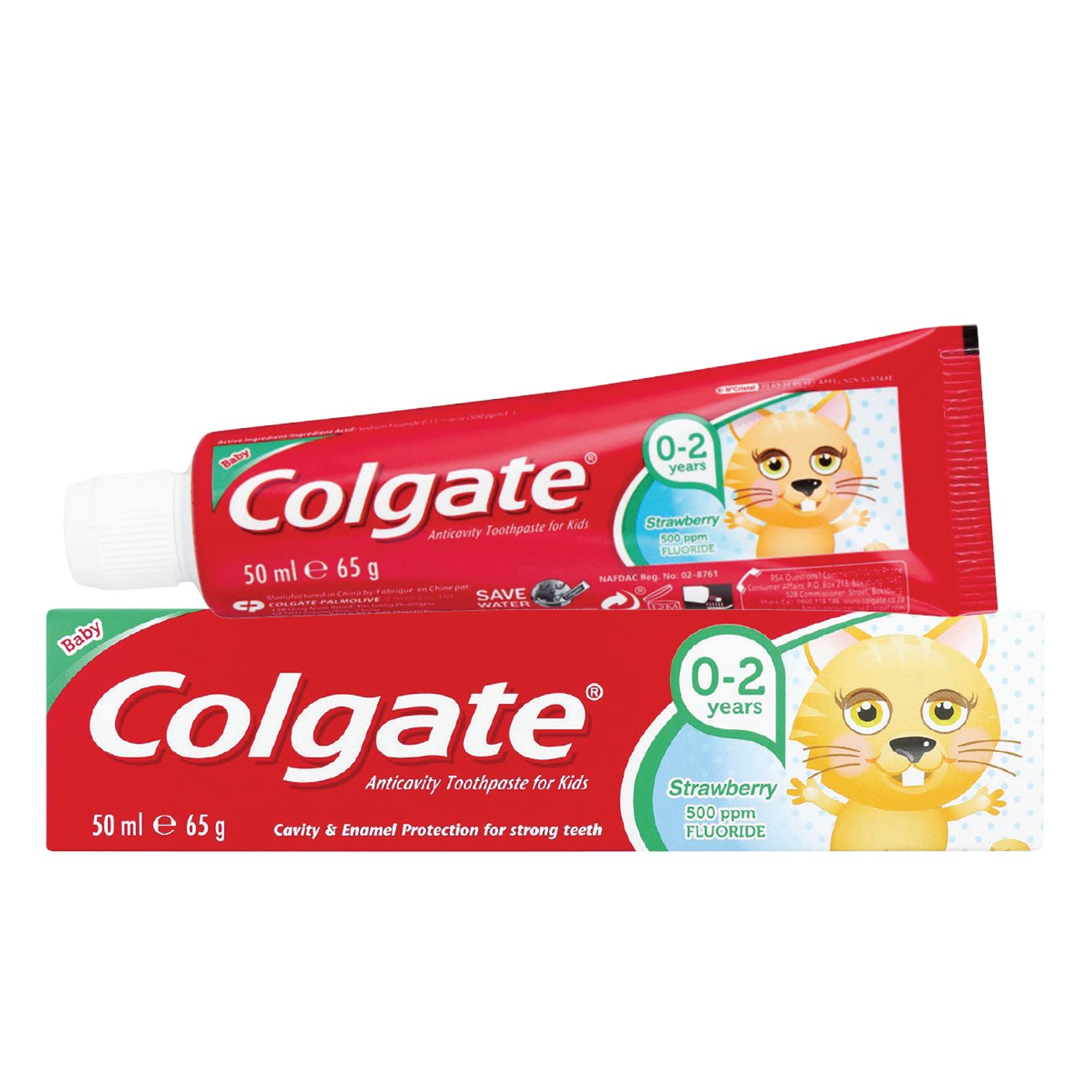Normal Behavior
Thumb sucking or finger sucking, along with pacifier use, is perfectly acceptable for infants. This is a natural reflex for an infant that can often be seen in the womb during development. This reflex gives your baby comfort and, as he grows, it may help him feel secure and happy. It can also be soothing, and many babies and toddlers use it as a coping mechanism when anxious or separated from their parents. The habit helps to induce sleep, and children may suck their thumbs in the evening before bedtime.
How Long Is Acceptable?
We have all seen thumb sucking in an older child and recognised how inappropriate it is. But when is the best time to stop or discourage it? According to SADA, the best time to discourage thumb sucking is by age four. By this time, prolonged sucking could begin to affect your child's mouth and developing jaw and teeth, possibly causing permanent teeth to be misaligned. If your child passively sucks his thumb, the habit may be easier to discourage, but vigorous sucking can lead to changes in the palate that affect the permanent bite and are usually more difficult to end without intervention.
Steps for Discouraging
This habit will normally cease without any concern or effort. Often, the best strategy is simply to ignore the behaviour. Children will figure out on their own when this behaviour is not acceptable from social situations and peer pressure. If the habit persists beyond pre-school, however, it may be time to intervene.
- Offer a pacifier to infants; pacifiers are easier to take away.
- Establish a chart and reward system to track your child's progress in quitting.
- Encourage and praise your child when they attempt to stop.
- Visit your child's dentist to learn about positive effects of stopping the habit.
Some children may experience difficulty stopping their thumb sucking. In these instances, it may be necessary to purchase products that can be placed on the thumb or fingers in order to discourage the habit. Just placing a bandage on the finger or a sock or glove on the preferred hand is often sufficient. Whatever method you choose to employ to discourage the behaviour, remember to always use positive reinforcement to encourage your child. Criticism or nagging may cause more anxiety and perpetuate the problem.
Oral Effects
If the habit continues beyond the age of five or six, the pressure and sucking motion will begin to make changes to the mouth and teeth. The front teeth may jut out, and the child's bite will be open, not allowing the upper and lower front teeth to touch. The skeletal changes will begin to affect the alignment of the permanent or secondary teeth. Your child's dentist can evaluate the changes and provide a referral to an orthodontist or paediatric dentist for a consultation. In very rare instances, a dental appliance or crib may need to be placed in the roof of the mouth to achieve a change in behaviour. The sooner the habit is stopped, the better the chance that the bite will correct itself.
In all my years as a practising dental professional, I have only had one patient that continued thumb sucking well into the teen years and required intervention. The habit is healthy in infants, toddlers and even pre-schoolers, and serves as a coping and comfort mechanism that is part of normal development.
Donna Rounsaville, RDH, BS, has been a dental hygienist in private practice for 31 years. She has used her experience with the prevention of dental problems and the importance of healthy eating to educate children in local schools in her hometown of Flemington, New Jersey. Donna is also passionate about infection control and office safety for dental workers, providing yearly training to her office colleagues. Active with the Girl Scouts as a leader and with children's liturgy at her church, Donna uses her communication and leadership skills to motivate young people in her community. She has been writing for Colgate since 2013.














